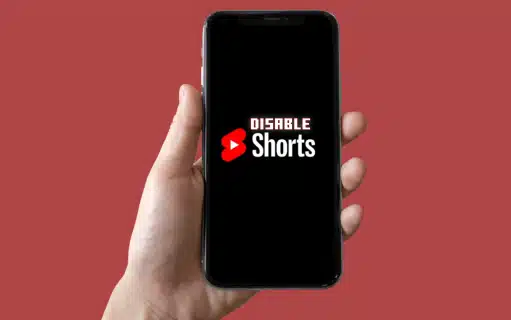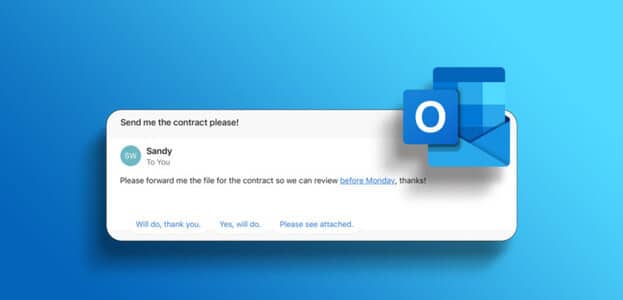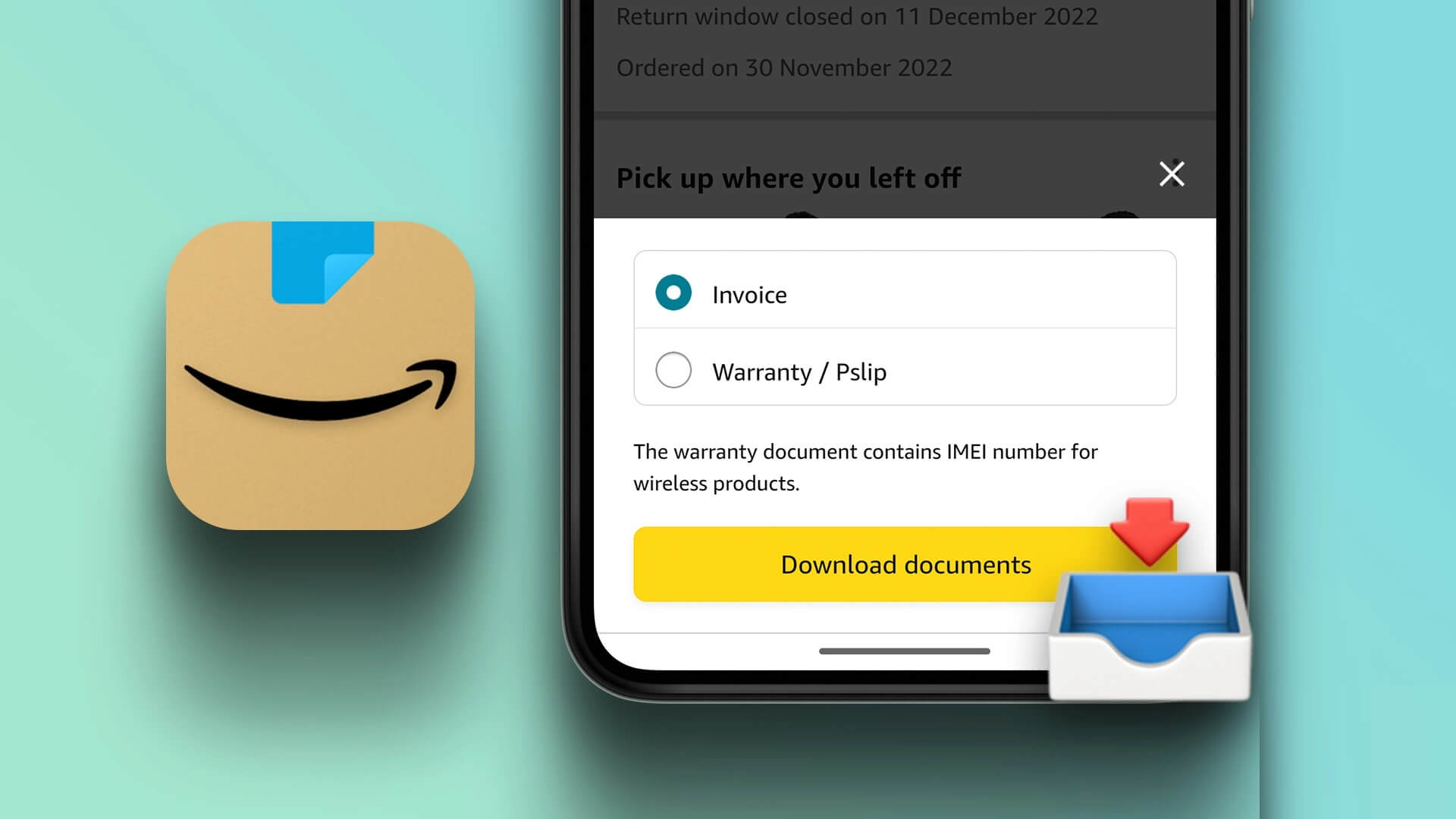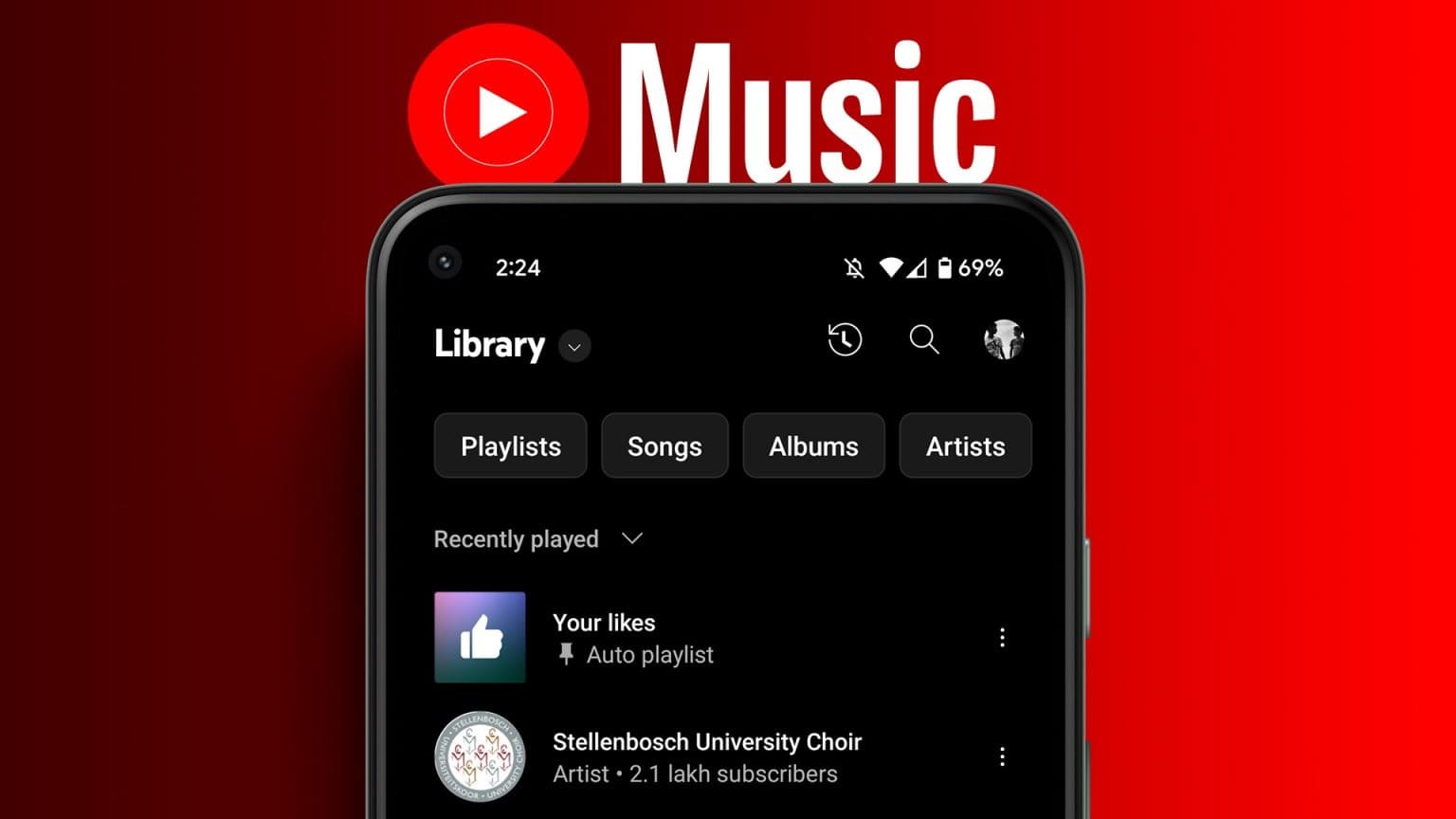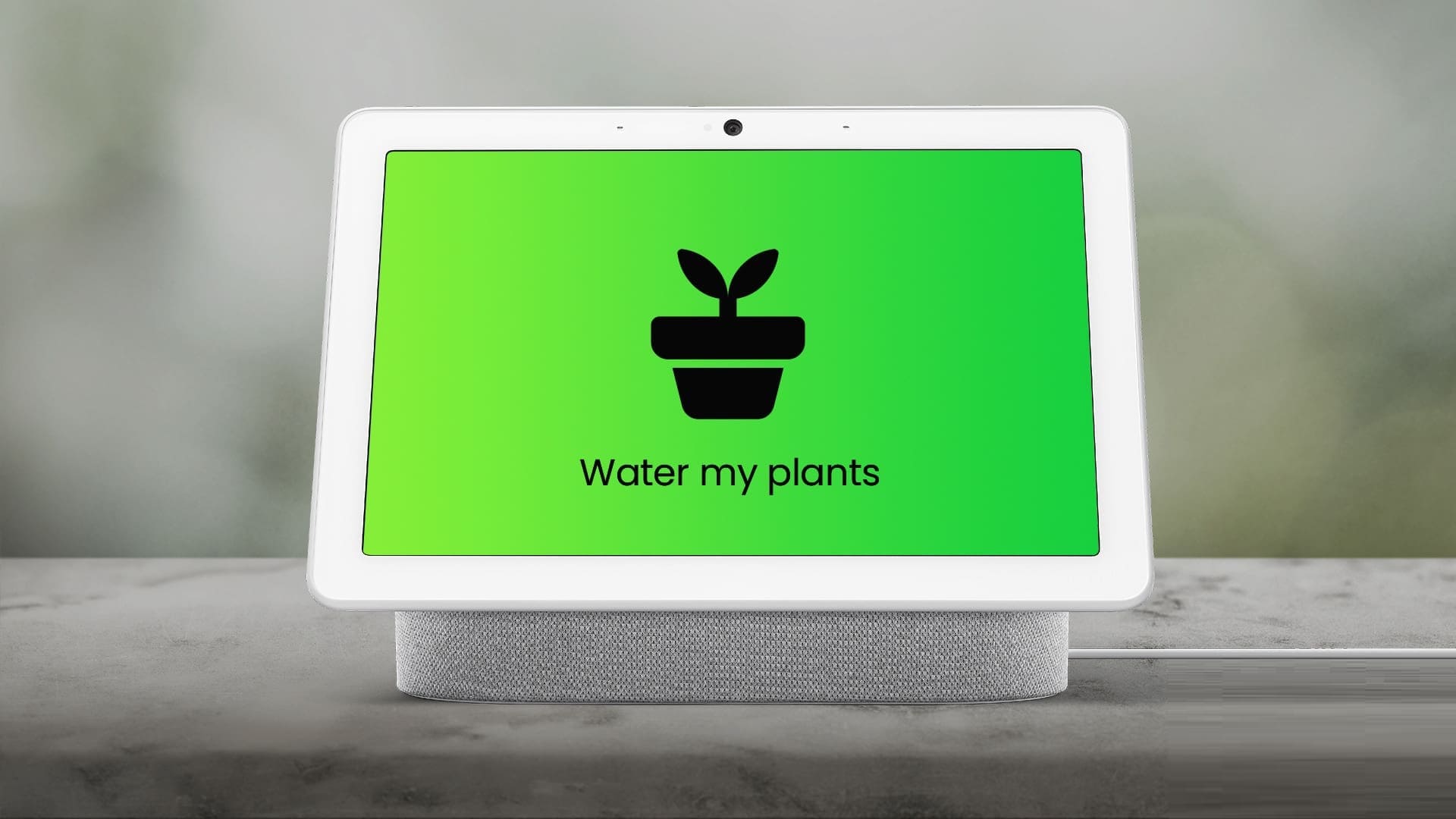Sending friend requests on Facebook is the easiest thing you can do. However, there are a few things you need to keep in mind when making new friends or finding existing ones. You can't add everyone or anyone on Facebook, and sending too many friend requests too quickly can leave your profile temporarily restricted. Let's understand Facebook friend request settings in more detail.

While we'll cover the basics like how to send friend requests on Facebook, we'll delve deeper into things like canceling friend requests, suspending or handling rejected requests, what happens next, etc. By the end of this article, you'll have a good idea about sending and managing friend requests on Facebook.
let's start.
How to find friends or upload contacts on Facebook
One of the simplest ways to find friends is to use the search bar at the top. But Facebook also allows you toDownload existing contacts From your phone's contacts app and use this data to find friends online.
Open Facebook on your Android or iOS smartphone, tap the three-line menu icon, and select Friends. Facebook will prompt you to import contacts to find friends now.


For recently added contacts, you can find them on Facebook using name, email ID or mobile number.
How to send friend requests on Facebook
Visit the profile of the person you want to add as a friend and click the “Add Friend” button. Okay, that’s obvious, but what if you clicked that button by mistake?

In this case, you can click the cancel order button.

Facebook only allows you to add up to 5000 friends. You cannot send or accept friend requests. After that, if the limit is reached. Also, there's no way to send a friend request to someone whose profile is private, which we'll discuss in the next point.
How to accept or delete friend requests on Facebook
That's easy. Tap the Confirm button to accept the friend request, or tap the Delete button to reject or delete the friend request. So what happens next? Well, accepting the friend request makes you digital friends. You can now both view profiles, updates, uploaded photos and videos, created albums, liked posts, and followed groups.

You can also do this if you don't want anyone to send you friend requests or feel like you've received too many friend requests.

Go to Settings and privacy> Settings And under the Privacy tab on the left, you will find “Who can send you friend requests?Select. Click the button. Release On the right.

Locate Friends of friends from the dropdown menu.

Now only mutual friends will be able to send you friend requests instead of everyone.
Who can send friend requests on Facebook?
This is an extension of the last point. Just as you can turn off friend requests on Facebook to prevent stalkers, marketers, and spammers from intruding on your personal life, others can do the same. Depending on your settings, everyone or only friends of friends (mutual friends) can send you friend requests.
If your previous friend request was deleted or rejected by that person,You can't send friend requests on Facebook.. Also, this profile may have blocked your profile.

On average, you can't add more than 5000 friends. If you want to accept a friend request, you must unfriend someone.
Sending too many friend requests too quickly can make Facebook suspicious. In this case,Facebook is preventing you from sending more requests. It may limit your profile. So avoid any kind of suspicious or unwanted behavior.
Disable the “People You May Know” notification on Facebook
Facebook also suggests friends or profiles it thinks you know or add as friends. These are listed under "people you may knowYou can see them while searching for friends or access them directly within His dedicated page.

While there's no way to disable the feature, you can hide the notifications it sends. Go to "Settings" and under the "Notifications" tab in the left sidebar to control "People You May Know" push notifications.
How to Unfollow, Unfriend, or Take a Break on Facebook
Don't want to be friends with someone anymore or don't work together anymore? You can also choose to take a break from someone without making the drastic decision to unfriend them. There are subtle but important differences between taking a break and unfollowing or unfriending someone. In either case, you can easily unfriend or unfollow someone, but there is another option.
We are your friends
While Facebook is a great way to stay in touch with friends and colleagues, it also poses some real threats. Cyberbullying is on the rise, and people have even lost their jobs due to hate speech. It's important to think twice and double-check everything before letting someone into your profile and life. If you don't know the person or aren't sure, it's better to be safe than sorry. Be careful, though, as fake Facebook profiles are easy to spot but can sometimes be deceptive.




